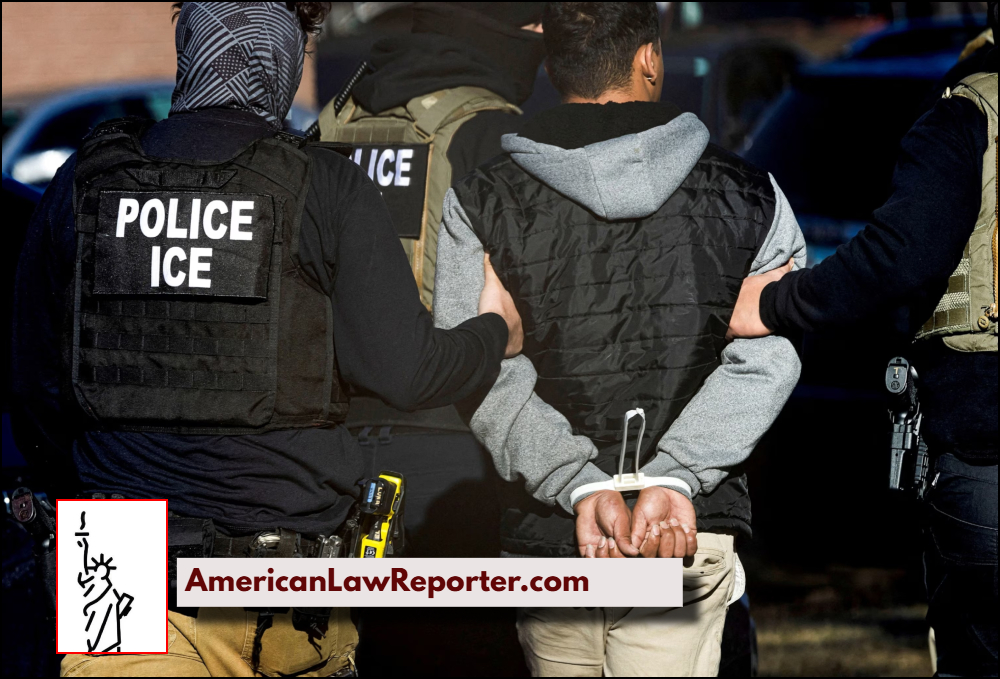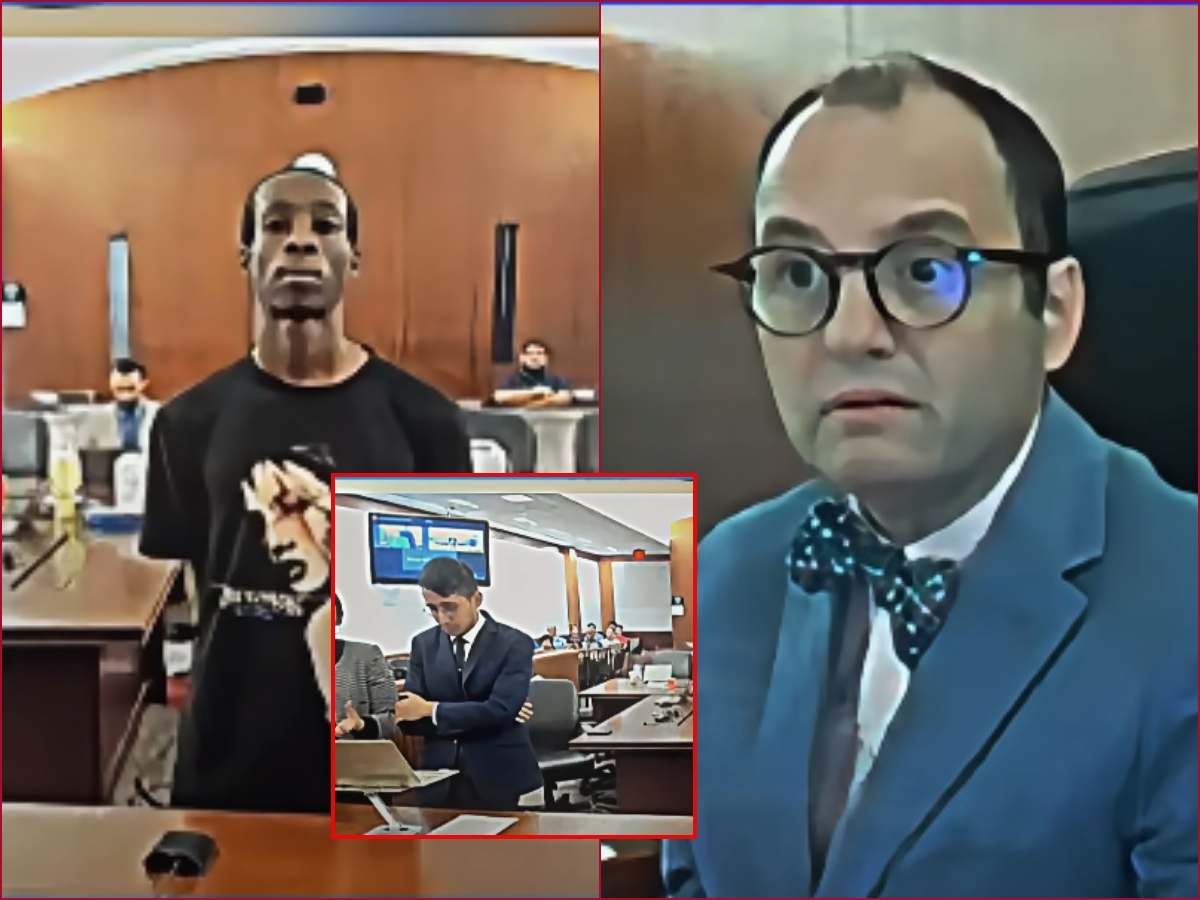George Nyavor
-
In a rare rebuke of federal law enforcement, U.S. District Judge Sara Ellis has ordered Immigration and Customs Enforcement (ICE) agents in Chicago to wear body cameras during all enforcement operations and public interactions. The order, effective immediately, will remain in place until November 6, and stems from growing concerns that ICE agents may have…
-
In a bold diplomatic countermeasure, the Republic of Mali has announced that American citizens seeking tourist or business visas will now be required to post a bond of up to $10,000, mirroring a similar U.S. policy introduced by the Trump administration targeting Malian nationals. The announcement, confirmed by Mali’s Ministry of Foreign Affairs on Sunday,…
-
New York Attorney General Letitia James appeared publicly for the first time since her federal indictment Monday, delivering a fiery, defiant address that underscored her political resilience and deepened the legal and political drama surrounding one of the nation’s most visible state prosecutors. James — a Democrat who has frequently clashed with former President Donald…
-
A Harris County courtroom became the stage for an extraordinary moment of judicial scrutiny this week when a Texas judge rejected a state prosecutor’s attempt to bring an interference with public duties charge against a motorist, ruling there was “no probable cause” to proceed. The case, captured in a video shared on Judge Fleischer Chronicles’…
-
In a rare act of diplomatic defiance, Burkina Faso has rejected a U.S. government proposal to accept third-country deportees—individuals deported from the United States who are not citizens of Burkina Faso. The refusal has triggered immediate consequences, as the U.S. Embassy in Ouagadougou announced a suspension of all routine visa services in what observers view…
-
Two technology giants — Flo Health, Inc., the developer of a popular women’s health tracking app, and Google LLC — have agreed to pay a combined $56 million to settle a long-running class action lawsuit accusing them of unlawfully sharing sensitive user health data without consent. The settlements, filed in late September, mark a significant…
-
Congresswoman Jasmine Crockett (D-TX) has launched a formal inquiry into what she calls a potential “cover-up” of President Donald J. Trump’s deteriorating health, raising legal and constitutional questions about the president’s capacity to perform his duties under Article II of the U.S. Constitution and the 25th Amendment. In a letter addressed to White House Physician…
-
The U.S. Supreme Court’s 2025-26 term began this week (October 6–10, 2025), with oral arguments in six major cases heard over three days, addressing transgender rights, free speech, religious exemptions, and executive power. These cases, argued amidst a federal government shutdown and heightened political scrutiny under the second Trump administration, could reshape legal precedents. Below…
-
New York Attorney General Letitia James, who led the landmark civil fraud case against former President Donald J. Trump, was indicted Thursday on two federal charges of bank fraud and making false statements to a financial institution. The indictment, filed in Alexandria, Virginia, stems from what prosecutors allege was a misrepresentation on a 2020 mortgage…










